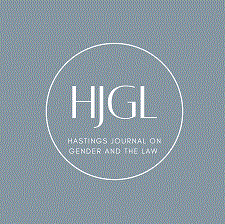
Abstract
For numerous years, state and institutional rules have barred individuals from wearing religious clothing. Specifically, this issue has arisen in the military, the workplace, police departments, prisons, and public schools. Wearing religious clothing, particularly head coverings, is a vital aspect of Judaism, Islam, and Sikhism. The United States Constitution upholds the right to religious liberty in the First and Fourteenth Amendments. Additionally, the Religious Freedom and Restoration Act of 1993 (RFRA), Title VII of the Civil Rights Act of 1964, and the Religious Land Use and Institutionalized Persons Act (RLUIPA) statutes also protect religious freedom. Below, cases are examined that upheld religious freedom by making accommodations as well as others that, unfortunately, denied religious freedom to individuals. Because religious clothing is crucial to observers of Judaism, Islam, and Sikhism, courts should broadly construe the laws to encourage religious accommodations in public environments where a state or institutional law bars an adherent from following his or her religion, unless granting the accommodation would cause harm to other individuals.
Recommended Citation
Kendyl L. Green,
Courts Rule Too Narrowly Regarding the Right to Wear Religious Clothing in Public,
29 Hastings Women's L.J. 261
(2018).
Available at: https://repository.uclawsf.edu/hwlj/vol29/iss2/7


